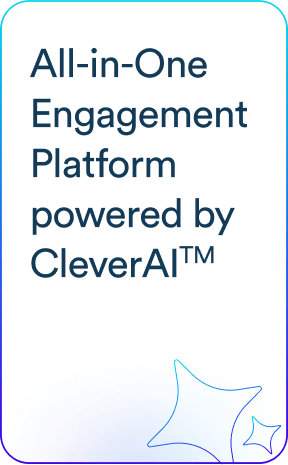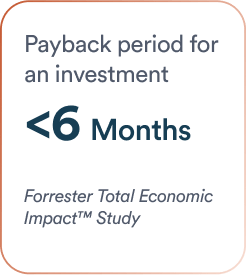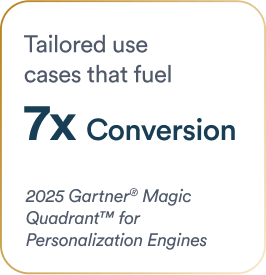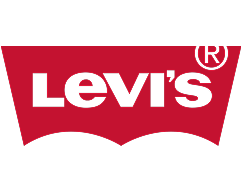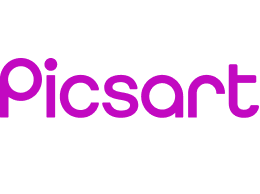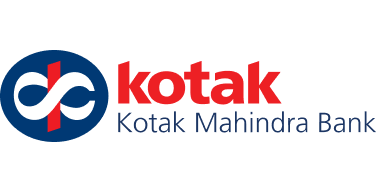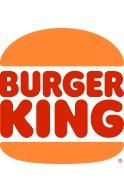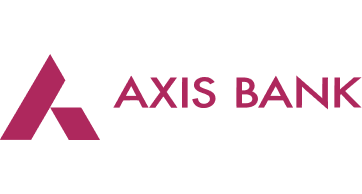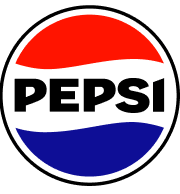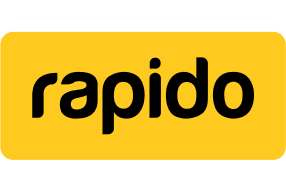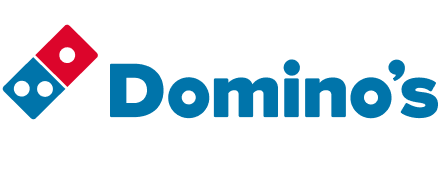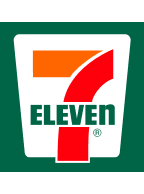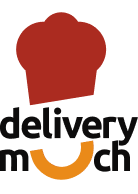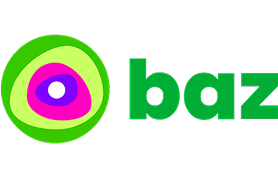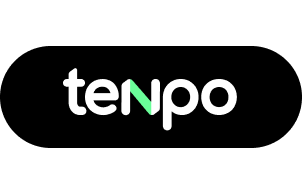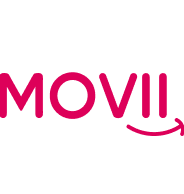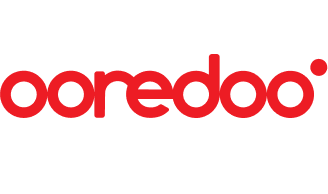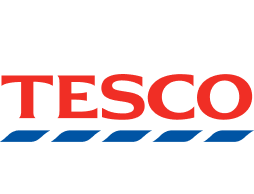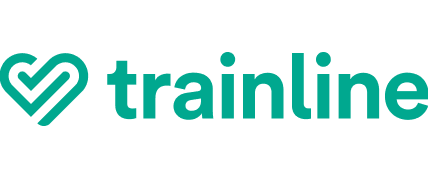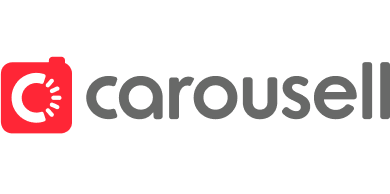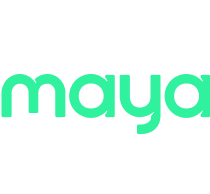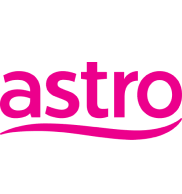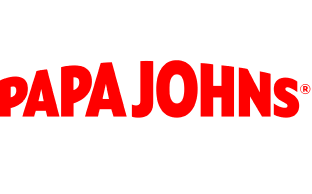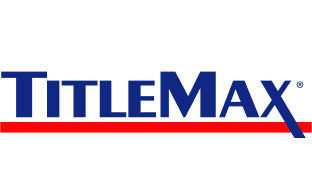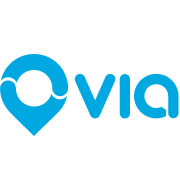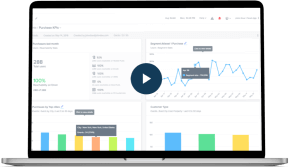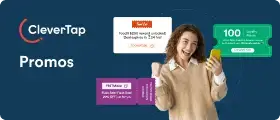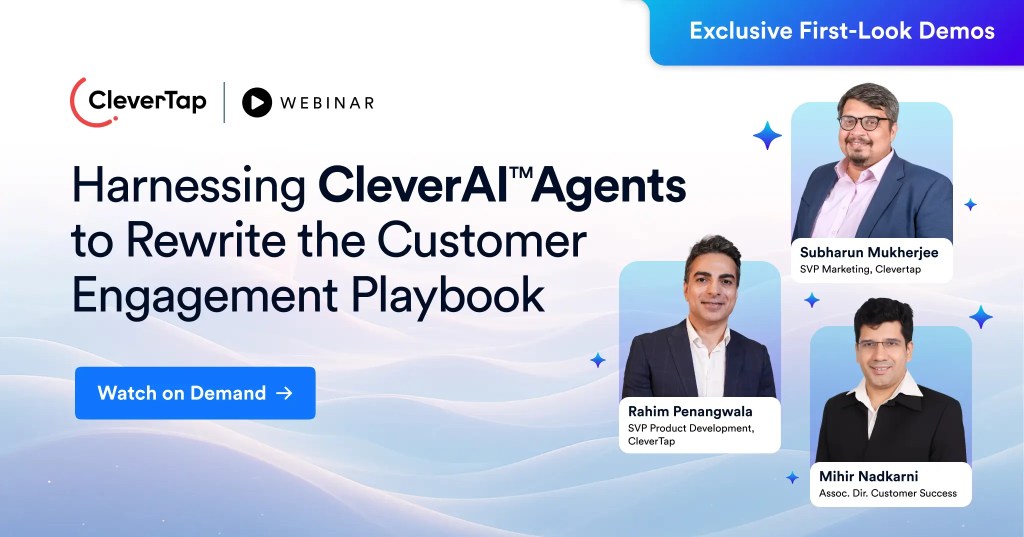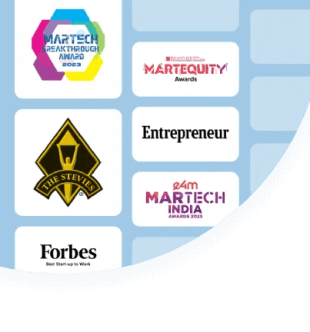In today’s online marketplace, the customer is king. Why? Because there are so many brands clamoring for business, customers can afford to be very picky. Don’t like the UI or find it cumbersome to navigate? Find another app. Think the prices are too high or the selection too limited? Look elsewhere. Worried about the app’s security? Delete it.
To add to the challenge brands face, a generic approach doesn’t cut it anymore, especially when 73% of customers expect sellers to demonstrate that they understand each customer’s unique expectations and needs. The businesses that rise to the top are those that take advantage of personalized messaging.
Personalized vs. Hyper-Personalized Messaging: What’s The Difference?
For today’s consumers, personalization is an entry-level qualification. Brands that retain a customer’s name, recent purchase histories, and market segmentation are simply meeting the minimum expectation.
But hyper-personalization goes beyond personalized messaging by using real-time data to update individual customer experiences. Before an app delivers individually targeted recommendations, hyper-personalization adds context to wow the user with deeply relevant and interesting content.
Let’s look at some examples. Say you’re a streaming platform, and a customer abandons a movie halfway through. Send them a push notification that lets them pick up right where they left off. Or if customers have been using your travel app to search for flights to a specific destination, ping them when the price drops.
The data you collect about each user is all you need to create hyper-personalized messaging that converts. Is it almost dinner time? A food delivery app might pull up a customer’s recent order and nudge them to reorder it so they don’t have to cook. These surprise-and-delight moments make users’ lives easier and keep them coming back.
The Benefits of Hyper-Personalized Messaging
If nothing else, hyper-personalized messaging is the payoff that customers get for sharing their private information with you. It also holds several advantages over plain personalization in terms of acquiring additional engagement and interest levels.
Individualized Content
Personalized messaging isn’t really personalized if you’re only using a customer’s name. Incorporating their browsing or purchase history is a good start, but it may not be enough to stand out.
Instead, add context that can help generate better recommendations. Did a customer recently order a new dress? Your push notification might recommend shoes and jewelry to complete the look. Is a major storm approaching a certain part of the country? Use geolocation to target customers in the affected area. Encourage them to prepare by ordering supplies or simply make sure they’re staying safe.
Higher Engagement
Mobile games aren’t the only apps that can keep users engaged. Retailers also have opportunities to keep users on their apps longer. Nike does this well by letting shoppers design custom shoes in the app. They also sell app-exclusive products, which is a major incentive to download their app.
Other sellers use their apps to let people preview products in their homes. For instance, the Houzz app has a popular “View in My Room” 3D feature that lets customers preview a piece of furniture in their own space. So, don’t just send a “We saw you looking” push notification—try a more personalized message like “See how this chair looks in your living room.”
Increased Loyalty
By delivering targeted and timely recommendations based on more than just purchase histories, you can encourage brand loyalty. Customers browsing an online store will get tired of seeing the same recommendations every day. At a minimum, replace any recommendations that didn’t elicit a positive response or click.
Even better, capitalize on recent events to create sales opportunities. Take a professional sports team. Every time you win a game, push a notification out to users that gives them the score, lets them watch highlights, and promotes team swag.
Industries That Would Benefit the Most From Hyper-Personalized Messaging
While nearly all industries should use personalized messaging in some way, there are some sectors for whom hyper-personalization can bring significant benefits.
Fintech
Fintech tools are some of the most sought-after apps among savvy investors and spend-conscious households. But everyone knows that financial situations are unique, even among people in the same market segment. For instance, when you use NerdWallet to track and manage your finances, the app delivers personalized messaging that alerts you of account activity, changes in your credit score, and insights into how you’re spending your money.
Streaming Media
All streaming services keep track of the movies you’ve watched and TV series you’ve binged. But they also track your unfinished movies and abandoned series. Given each service’s extensive cataloging system, they can then generate a pattern on your media likes, dislikes, and neutral stances. Depending on their analytics and deep learning abilities, these companies can use push notifications to issue spot-on recommendations.
Ecommerce
Online shoppers know that retailers track their purchases. But don’t use that data to show them, say, more colors of a shirt they just bought. Instead, ecommerce personalization should anticipate what they might want next. For instance, push notifications are perfect for updating tracking details as their order ships. Or you could send product demos and user guides to help them get the most out of their purchase.
Travel
For travel companies, customers buying a plane ticket is just the beginning of the journey. For instance, TUI, one of the world’s leading travel groups, pushes out updates to individual customers about the weather conditions at their upcoming holiday destinations. This gives customers enough time to rebook a flight or change their travel plans altogether.
Gaming
Video games offer some of the most data-rich environments among industries, and they track and record every user’s action. Don’t waste these insights. A daily reward can keep users coming back every day, but that may not be enough to keep engagement up. Perhaps a player is stuck on a specific level—send them a push notification containing a hint. Or maybe their games are too easy. Use artificial intelligence (AI) and machine learning to match them with opponents who align better with their skill level.
Food
Food delivery is one of today’s hottest industries. Improved AI capabilities enable delivery apps to display recommendations based on the food a customer orders the most. Apps from Uber Eats Grocery can even suggest alternative-brand replacements for out-of-stock items.
Hyper-Personalized Messaging Is the Future
You can’t have a conversation about increasing user engagement without focusing on hyper-personalized messaging. Apps contain vast amounts of data about their users. So, they should utilize these insights to deliver higher-quality content and improved user experiences across the board.
CleverTap lets you create hyper-personalized experiences that keep customers loyal. Our all-in-one engagement platform helps you acquire in-depth customer insights, create scenarios for superior customer engagement, and develop personalized customer experiences.
Learn more about how CleverTap can improve customer engagement metrics and boost your customer lifetime value. Sign up for a free demo today.
Subharun Mukherjee 
Heads Cross-Functional Marketing.Expert in SaaS Product Marketing, CX & GTM strategies.
Free Customer Engagement Guides
Join our newsletter for actionable tips and proven strategies to grow your business and engage your customers.

